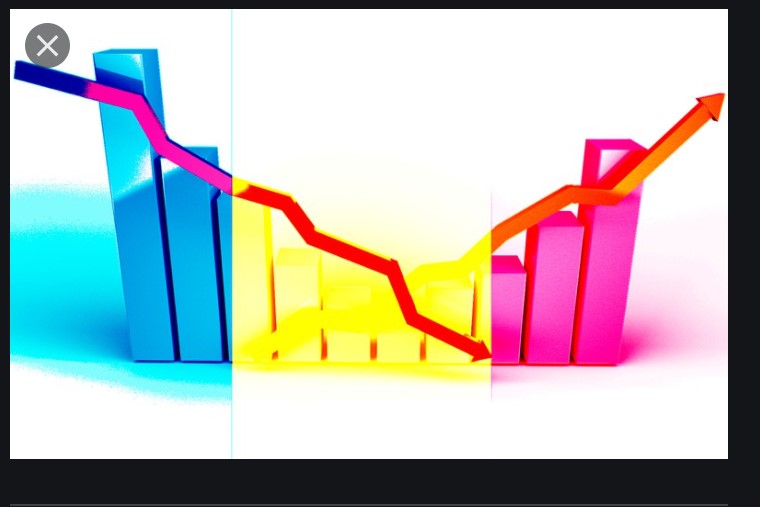When can we expect a return to a post-COVID-19 economy and what must be done to address risks and drive inclusive economic growth? World Economic Forum latest Chief Economists Survey presents insights and expectations from chief economists on recovery measures and the impact of various threats.
Key points:
– Chief economists see the growth rate for 2021 about 6%, and most expect a recovery of global GDP to its pre-COVID-19 level by the first half of 2022.
– They see the largest risk of scarring from a delayed wave of bankruptcies, followed by labor market scarring.
– They also expect the largest conflict potential internationally arising from cyberattacks.
– A significant number believe that 2050 is not ambitious enough for net-zero targets.Find the report here
Soaring stock markets and rising commodity prices give the impression that the fortunes of the global economy are looking up. And yet some countries are experiencing dramatic new waves of the virus, millions of workers have dropped out of the global labor force, and many risk factors could delay or derail the rebound. The challenge remains: How can leaders shift from emergency support to more targeted spending while overcoming domestic polarization and global divergences?
The latest survey results from the World Economic Forum’s Chief Economists community offer insights into navigating this transition. Here are some of the takeaways:
Survey respondents expect monetary authorities to hold steady on prioritizing price stability, implying increases in rates soon are becoming more likely as inflation is starting to pick up. A new direction is expected on the fiscal side, where a global minimum corporate tax rate has become more likely since the US’s proposal in April.
Regarding transition risks, respondents see the largest risk of scarring from a delayed wave of bankruptcies, followed by labor market scarring. Another danger that could derail the recovery and future growth are large-scale cyberattacks, including those performed by state actors, followed by technology and trade tensions.
Real Turkey featuring Mehmet Ogutcu: World after the pandemic—where does Turkey fit in?
As more recovery measures are starting to be implemented, the coming months will be critical for putting the climate transition on the right track. A significant number of survey respondents believe that 2050 is not ambitious enough for net-zero targets and are instead looking for such targets to be advanced – some even suggest to before 2035. There is further a consensus that a carbon tax is among the most effective policy instruments to reach targets for carbon neutrality.
The global economy is at a critical juncture of growing divides among and within countries. Much care will be needed to ensure efforts to reduce divergences in one place will not exacerbate the situation elsewhere. Taking a global approach to the green transition and supporting investments in green technology and skills that includes lower productivity firms and disadvantaged workers will be one way to counter the forces that are driving today’s K-shaped recovery.
Source: World Economic Forum
You can follow our English language YouTube videos @ REAL TURKEY: https://www.youtube.com/channel/UCKpFJB4GFiNkhmpVZQ_d9Rg
And content at Twitter: @AtillaEng
Facebook: Real Turkey Channel: https://www.facebook.com/realturkeychannel/
